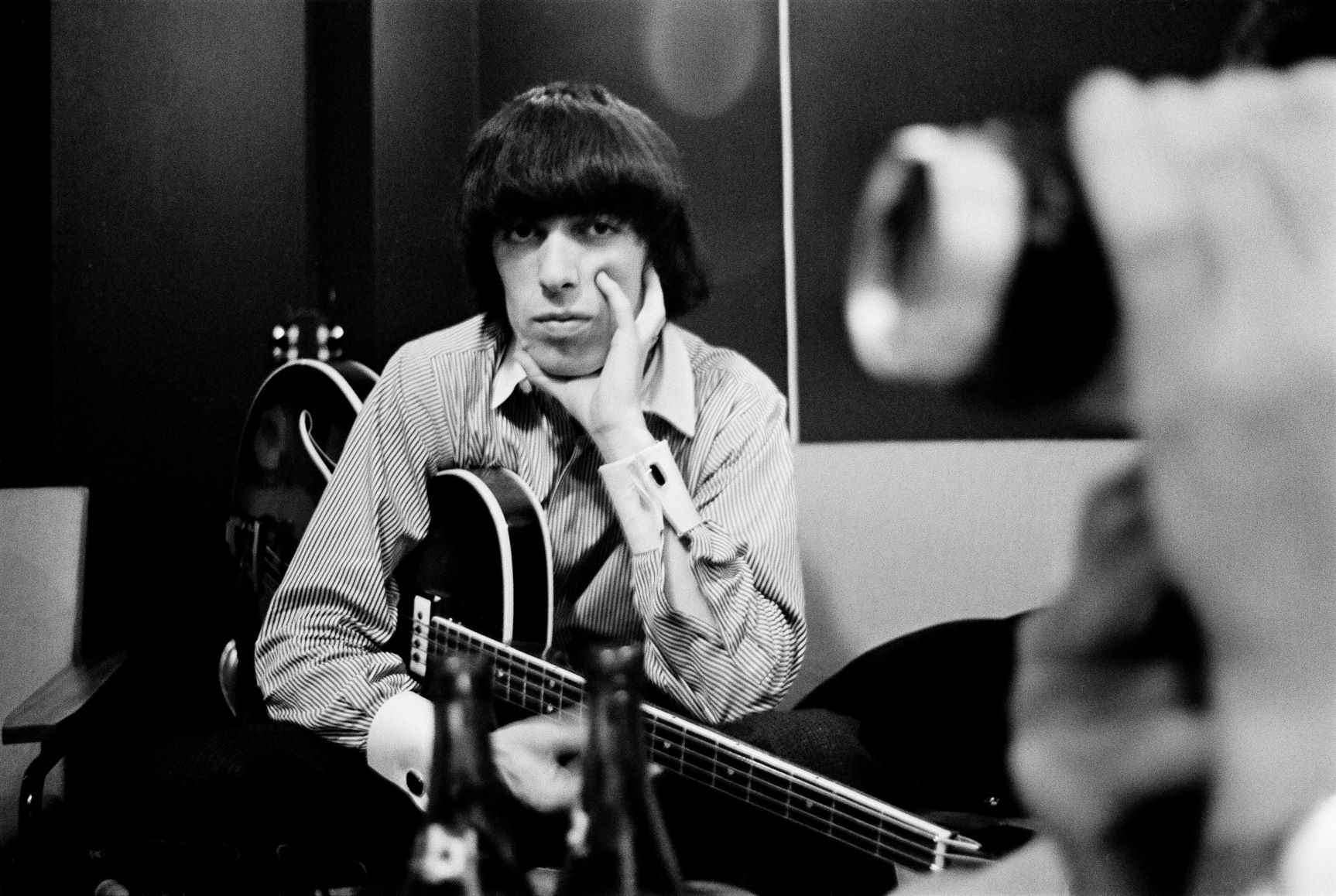

#WARREN ZEVON FULL#
Bad Example, fall short of representing the full scope of Zevon's songwriting. Even his other rowdy, caustic songs, like "Lawyers, Guns and Money," also off of Excitable Boy, or "Things to Do in Denver When You're Dead," found on 1991's Mr. While the unruly "Werewolves of London," from 1978's Excitable Boy, was a surprising hit (with the bonus of Fleetwood Mac's rhythm section chugging along in the background), it's far from the best epitaph for Zevon. Finally sober in 1986, his songwriting entered a different stage upon the release of 1987's Sentimental Hygiene, a clarity gleaned thereafter from eschewing booze for 17 years (a long sobriety that ended upon his cancer diagnosis), and ruthless self-examination. In fact, that "crackup and resurrection," as Rolling Stone described his harrowing escapades back in 1981, detailed more than one brush with death. He finally took a breather from music in the Eighties to focus on his recovery. It was often worse than that Zevon was downright abusive to those he loved, as his ex-wife, Crystal Zevon, meticulously documented in her book about their marriage, 2007's I'll Sleep When I'm Dead. Ravaged by addictions to alcohol and drugs, he brutalized relationships in the ugly throes of that disease ("You did enjoy yourself to the point of punishing others," quipped Letterman to his friend in their last interview). Zevon was lucky that he lived through his twenties and thirties. "If you listened to his music," said Letterman on "The Late Show" when Zevon passed away on September 7, 2003, "here was a guy who just spit in the face of death." Schmidt, Jorge Caldéron, and others to help him record what he so desperately needed to say, Zevon's The Wind was a cathartic goodbye for a man who always toyed, artistically and otherwise, with his mortality. Rounding up friends like Bruce Springsteen, Jackson Browne, Tom Petty, Ry Cooder, Don Henley, Timothy B. Zevon saw his last chance to make a significant album when he became ill.

His candid conversations about his final journey, which ran the gamut from a VH-1 documentary, to a Rolling Stone interview, and an hour-long conversation with his longtime fan and friend, David Letterman ("Dave's been the best friend my music's ever had," Zevon said), were astonishing for their courage and his undefeated sense of humor. Over the next handful of months, as he recorded his elegiac final album, The Wind, and prepared to die, he also kept a very public diary of that exit. Never was his embrace of life's marvels more evident than when he faced a terminal diagnosis of cancer in August 2002. But despite his darker inclinations, Zevon always had a sentimental grasp of humanity, even hope, slithering through the razor wire of his mordant lyrics. The bombast and degredation of contemporary American politics would not have escaped his withering barbs either. It's likely he would have railed against the fleshy indignities of aging he was always predisposed to seeing the bleaker angles of most situations. What would Warren Zevon have made of turning 72? The sardonic, acerbic, vulnerable and literate songwriter, born on January 24, 1947, died at the far-too-young age of 56 in 2003 of mesothelioma.įor his devoted fans and friends still mourning his passing, it would have been a gift to have Zevon's robust baritone dissecting the past 16 years.


 0 kommentar(er)
0 kommentar(er)
